The Role of Social Media in SEO: How to Boost Your Rankings with Social Signals
I. Introduction
In today’s digital age, search engine optimization (SEO) has become a critical component of any successful online business strategy. By optimizing their websites and online content for search engines, businesses can improve their visibility and attract more traffic to their sites. However, SEO is no longer just about keywords and metadata. Social media has emerged as a significant factor in how search engines rank websites.
Social media has fundamentally changed the way people consume content online. With more than 4 billion active users worldwide, platforms like Facebook, Twitter, Instagram, and LinkedIn have become essential channels for businesses to connect with their audiences. They offer a unique opportunity for businesses to engage with customers, build brand awareness, and drive traffic to their websites.
But social media’s impact on SEO goes beyond just driving traffic. Search engines like Google and Bing use social signals as a ranking factor, which means that a business’s social media presence can directly impact their search engine rankings. Social signals refer to the likes, shares, comments, and other engagement metrics on social media that indicate the popularity and relevance of a piece of content. The more engagement a piece of content receives, the more likely it is to rank higher in search results.
This is because search engines consider social signals as an indicator of the quality and relevance of a piece of content. Social media users are more likely to engage with content that is informative, entertaining, or emotionally compelling. If a piece of content generates a lot of engagement on social media, it is more likely to be seen as high-quality content that should be ranked higher in search results.
In this blog post, we’ll explore the relationship between social media and SEO in more detail. We’ll discuss the role of social signals in search engine algorithms and provide examples of how social media can boost SEO. We’ll also provide tips and strategies for improving social signals and integrating social media into your SEO strategy. Finally, we’ll cover some tools for monitoring social signals and explain how to use them to improve your SEO efforts.
Overall, this blog post will help you understand the importance of social media in SEO and provide actionable tips for boosting your rankings with social signals. By the end of this post, you’ll have a better understanding of how social media can impact your search engine rankings and what steps you can take to improve your SEO efforts.
II. The Relationship Between Social Media and SEO
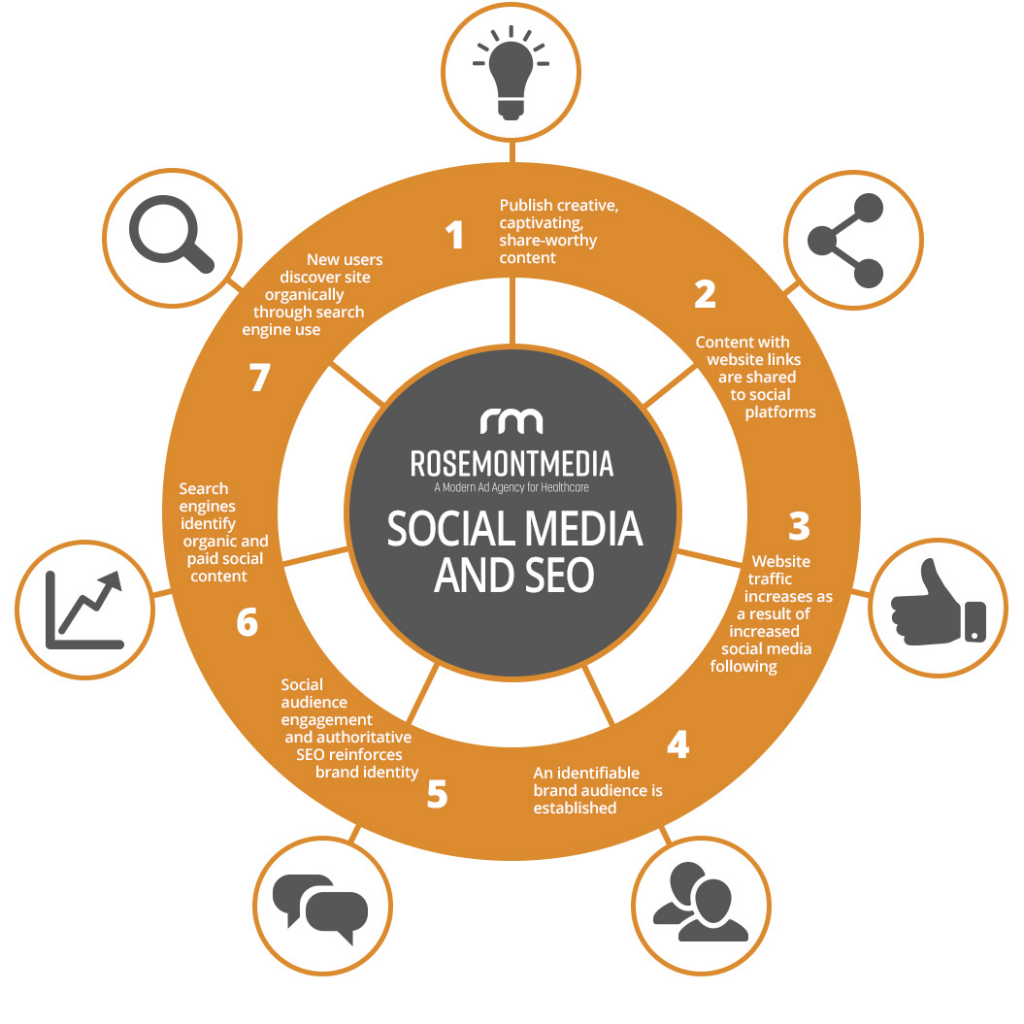
Social media has a significant impact on search engine optimization (SEO) because search engines like Google and Bing use social signals as a ranking factor. Social signals are the likes, shares, comments, and other engagement metrics on social media that indicate the popularity and relevance of a piece of content. The more engagement a piece of content receives, the more likely it is to rank higher in search results.
But the relationship between social media and SEO goes beyond just social signals. Social media also provides businesses with an opportunity to build links, which are another critical factor in search engine rankings. When other websites link to your content, it signals to search engines that your content is high-quality and relevant. Social media can help businesses build links by sharing their content and encouraging others to link back to it.
Social media can also help businesses increase their online visibility and brand awareness, which can indirectly impact their search engine rankings. When a business has a strong social media presence and engages with their followers regularly, they can build a loyal audience that is more likely to share their content and recommend their brand to others. This can lead to more traffic to their website and more links to their content, which can improve their search engine rankings.
In addition to these factors, social media also provides businesses with a platform to showcase their expertise and authority in their industry. By sharing informative and engaging content, businesses can establish themselves as thought leaders and attract a following of engaged and interested users. This can lead to more opportunities for partnerships, collaborations, and other business opportunities that can further boost their online presence and search engine rankings.
Overall, the relationship between social media and SEO is complex and multifaceted. While social signals are a direct ranking factor, social media also impacts SEO through link building, online visibility, and authority-building. By understanding the role of social media in SEO and implementing a comprehensive social media strategy, businesses can improve their search engine rankings and drive more traffic to their websites.
III. How to Boost Your Rankings with Social Signals
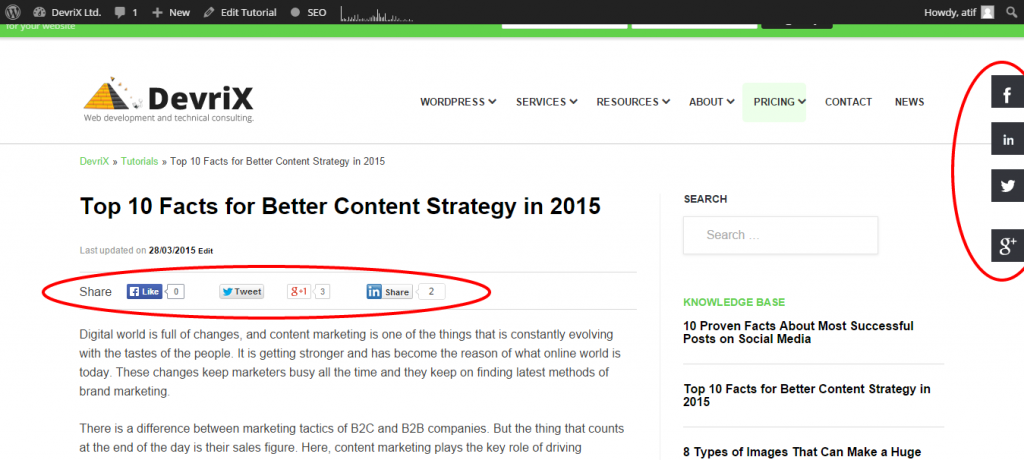
Boosting your rankings with social signals requires a comprehensive social media strategy that focuses on creating engaging content and building a strong online presence. Here are some tips for improving your social signals and boosting your search engine rankings:
Create shareable content
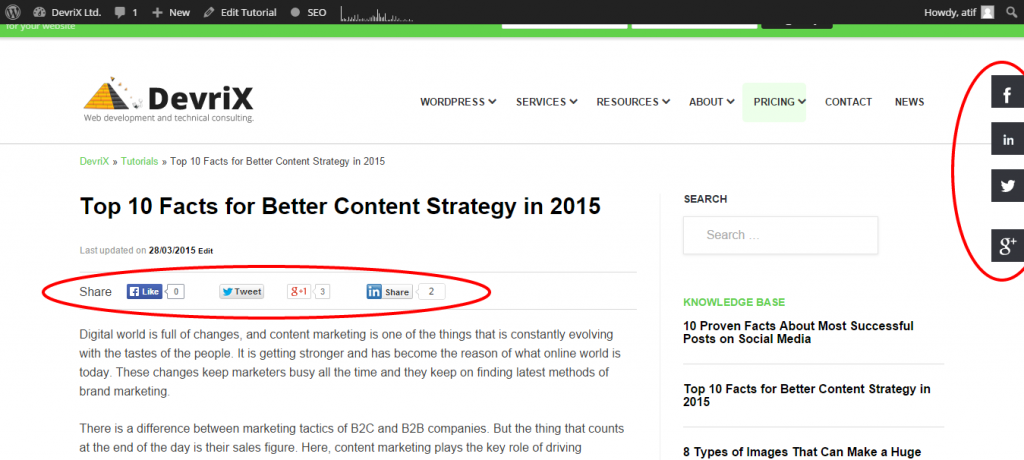
The most important factor in generating social signals is creating content that is informative, engaging, and shareable. Focus on creating content that provides value to your audience, whether it’s in the form of blog posts, infographics, videos, or social media posts.
Optimize your social media profiles
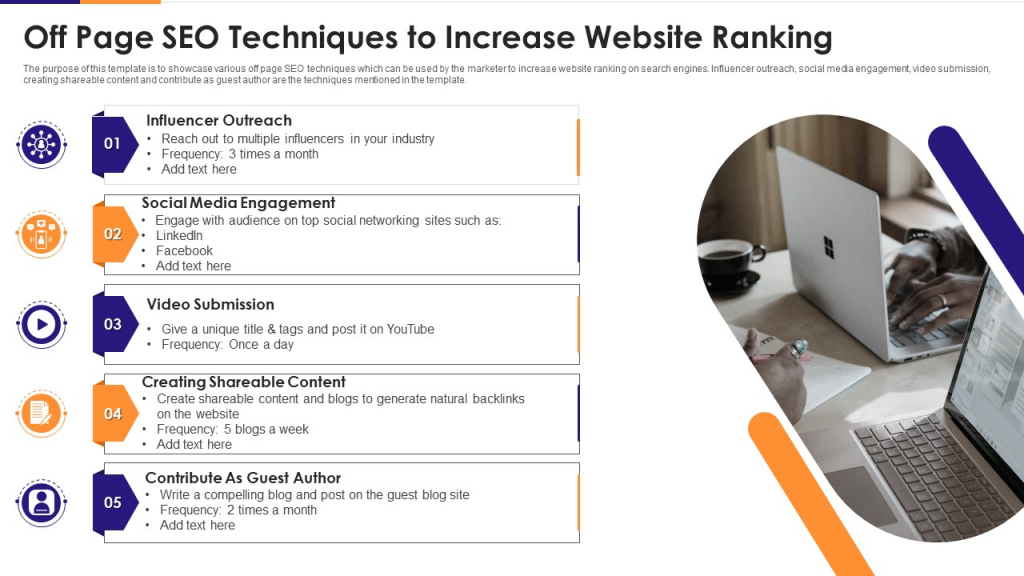
Make sure your social media profiles are optimized for search engines. This includes using relevant keywords in your profile descriptions and ensuring that your profiles are complete and up-to-date.
Encourage engagement
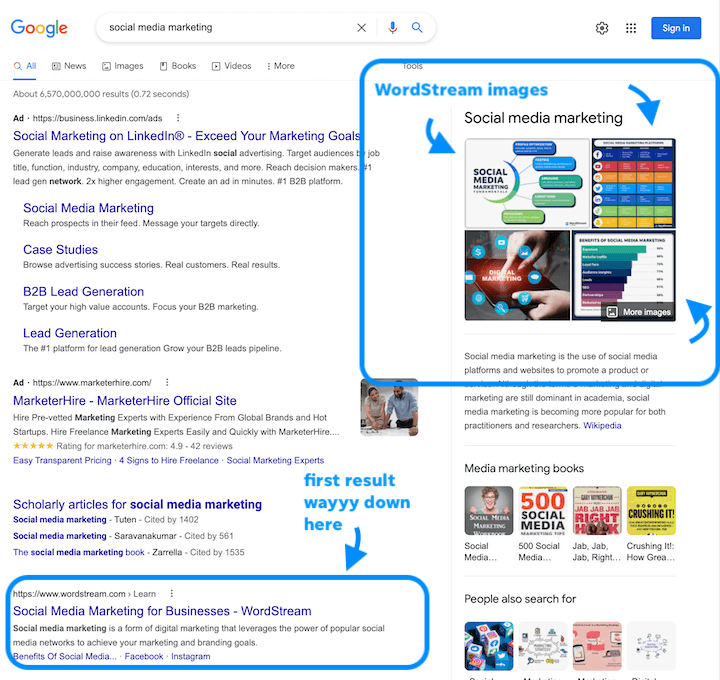
Encourage your followers to engage with your content by asking questions, responding to comments, and running social media contests or giveaways. The more engagement your content generates, the more likely it is to be seen as high-quality content that should be ranked higher in search results.
Use hashtags

Hashtags can help your content reach a wider audience and increase its visibility on social media. Use relevant hashtags that are popular in your industry and make sure to include them in your social media posts.
Share your content

Share your content on all of your social media channels and encourage others to share it as well. This can help your content reach a wider audience and generate more social signals.
Monitor your social signals
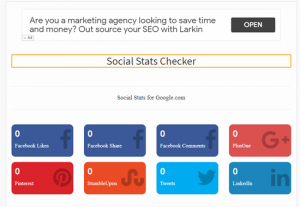
Use social media monitoring tools to track your social signals and see which pieces of content are generating the most engagement. This can help you identify what type of content resonates with your audience and adjust your social media strategy accordingly.
By implementing these strategies, you can improve your social signals and boost your search engine rankings. Remember that social media is just one component of a comprehensive SEO strategy, so it’s important to focus on all aspects of SEO, including keyword research, metadata optimization, and link building.
IV. Tools for Monitoring Social Signals
Monitoring your social signals is an important part of improving your search engine rankings through social media. Here are some tools that can help you track and analyze your social signals:
Google Analytics
Google Analytics is a free web analytics tool that can track your social media traffic and engagement metrics. By linking your social media accounts to Google Analytics, you can see which social media channels are driving the most traffic to your website and which pieces of content are generating the most engagement.
Hootsuite Insight
Hootsuite Insights is a social media listening tool that can help you monitor social media conversations related to your brand or industry. You can use Hootsuite Insights to track social signals such as mentions, shares, and comments, and see how your brand is perceived on social media.
Buzzsumo
Buzzsumo is a content marketing tool that can help you identify popular content in your industry and track its social performance. You can use Buzzsumo to see which pieces of content are generating the most social signals, and use that information to inform your own content creation strategy.
Sprout Social
Sprout Social is a social media management tool that includes social media analytics and reporting features. You can use Sprout Social to track your social signals across multiple social media channels, and see how your content is performing over time.
SEMrush
SEMrush is an all-in-one SEO tool that includes social media monitoring features. You can use SEMrush to track your social signals, monitor your competitors’ social media activity, and identify social media influencers in your industry.
By using these tools to monitor your social signals, you can gain valuable insights into how your content is performing on social media and identify areas for improvement. Remember that social signals are just one component of a comprehensive SEO strategy, so it’s important to focus on all aspects of SEO to improve your search engine rankings.
V. Conclusion
In conclusion, social media plays a crucial role in SEO and can significantly impact your search engine rankings. By generating social signals such as likes, shares, and comments, you can demonstrate to search engines that your content is high-quality and deserves to be ranked higher in search results.
To boost your search engine rankings with social signals, it’s important to focus on creating engaging, shareable content and building a strong online presence across multiple social media channels. By optimizing your social media profiles, encouraging engagement, and using relevant hashtags, you can improve your social signals and increase your visibility on social media.
In addition, monitoring your social signals using tools such as Google Analytics, Hootsuite Insights, and SEMrush can help you track your progress and identify areas for improvement. By analyzing your social media data and adjusting your strategy accordingly, you can improve your social signals over time and boost your search engine rankings.
Remember that social media is just one component of a comprehensive SEO strategy, and it’s important to focus on all aspects of SEO, including keyword research, metadata optimization, and link building. By taking a holistic approach to SEO, you can improve your search engine rankings and drive more traffic to your website.
Overall, the relationship between social media and SEO is complex and constantly evolving, but by staying up-to-date with the latest trends and best practices, you can use social media to your advantage and achieve your SEO goals.

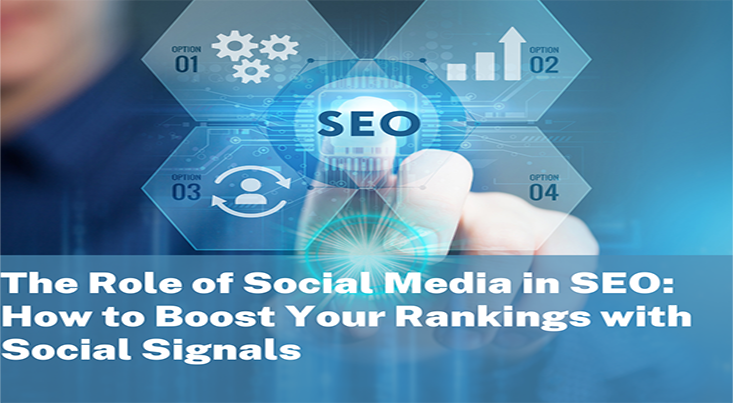









Write a Comment